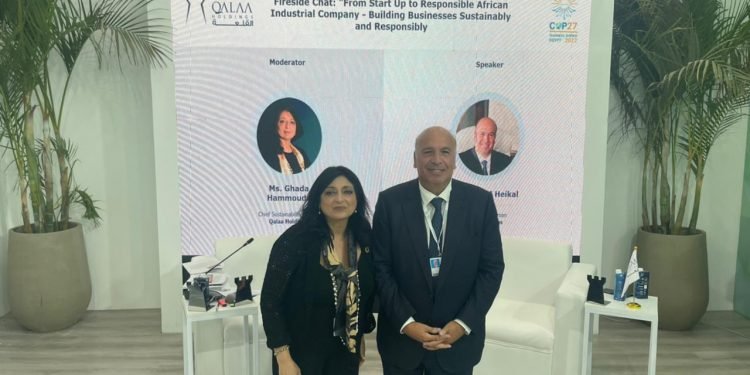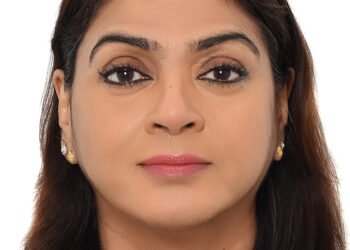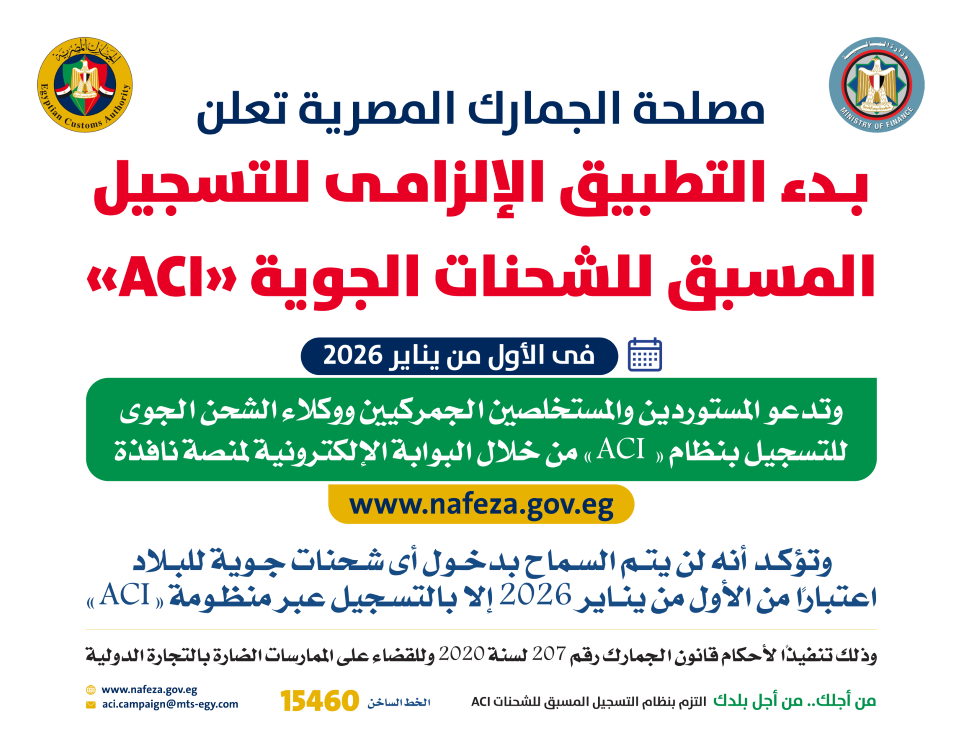On sidelines of COP27 summit: Microsoft announces key management partnerships with the On the sidelines of the 2022 United Nations Climate Change Conference (COP27), technology leader Microsoft Egypt has announced two key sustainability management partnerships with the Ministry of Communications and Information Technology (MCIT).
A Memorandum of Understanding (MoU) was signed between Eng. Raafat Hendy, information infrastructure director at MCIT, and Eng. Mirna Arif, General Manager of Microsoft Egypt to establish a Government Center of Excellence for Emissions Accounting and Reporting digitally (GEAR COE). GEAR COE will enable the Egyptian authorities to digitally record, measure and report on carbon emissions, which will contribute to achieving institutional sustainability.
Specialized training programs will also be provided for software developers and engineers in the fields of sustainable cloud computing and related topics, in addition to other training packages for decision makers, business owners and government leaders on topics related to technology based sustainability solutions.
In partnership with MCIT and other third parties, Microsoft will identify start-ups developing sustainability solutions to be enrolled in the Microsoft Entrepreneurship for Positive Impact program.
Dr. Amr Talat, Minister of Communications and Information Technology, stressed on the Egyptian government’s keenness to build effective partnerships to achieve the objectives of the National Climate Change Strategy 2050, Achieving the country’s goals towards low-emission economic growth, enhancing its ability to adapt to climate change and mitigating the negative effects associated with it. He pointed out that the cooperation with Microsoft comes in light of the efforts of the Ministry of Communications and Information Technology to cooperate with major international companies to adapt technology to serve environmental issues. The cooperation aims to build the capabilities of Egyptian cadres and prepare them to be able to manage the country’s sustainability system using the latest green technologies.
Expanding further, he said, “This cooperation is consistent in time and space with the State’s efforts to adopt eco-friendly policies. It coincides with Egypt’s assumption of the presidency of the twenty-seventh session of the Climate Change Conference, and in light of the declaration of Sharm el-Sheikh as Egypt’s first green city”.
“We are working closely with the Ministry of Communications and Information Technology to provide the necessary technology solutions that support the Egyptian government’s efforts to reduce the negative effects of climate change in line with the National Climate Change Strategy 2050. Through Microsoft’s innovative sustainability solutions, both technical and technological expertise will be transferred to the Egyptian calibers through the Center for Government Excellence. This partnership comes in time as Egypt chairs the COP 27 conference and is proof of the government’s objective to go from commitment to implementation”, said Mirna Arif, General Manager, Microsoft Egypt.
Dr. Amr Talaat also met with Mr. Ralph Haupter, Microsoft EMEA president. and Mr. Samer Abu Latif, President of Microsoft in the Middle East and Africa to announce the use of artificial intelligence to enhance the efficiency of the agricultural sector.
Both parties will cooperate in developing innovative agricultural techniques to help farmers improve the use of water in irrigating agricultural crops and access information that helps them predict climate changes and take preventive measures to protect their crops.
This partnership will be implemented in cooperation with other partners in Egypt and Africa to ensure maximum benefit for farmers and the promotion of sustainable practices across the continent in a way that supports the interests of all stakeholders.
It should be noted that MCIT is working through its Applied Innovation Center (AIC) to develop innovative solutions using the latest technologies to develop the agricultural system. Where A.I and Geographical Information Systems (GIS) techniques are used to analyze satellite images and determine the borders of lands that are used for different purposes, and also to identify the types of crops that grow in various plots and calculate their areas across governorates and at the national level. Moreover, MCIT has developed a mobile app to provide guidance to farmers related to their crop interests.
The meeting was attended by Eng. Raafat Hendy, the information infrastructure director at the Ministry of Communications and Information Technology, Eng. Amr Mahfouz, CEO of the Information Technology Industry Development Agency (ITIDA), Eng. Mohamed Nasr El-Din, Assistant Minister for International Information Infrastructure, and Dr. Noha Adly, Advisor to the Minister for Research and Development, Eng. Wael El-Kabbani, General Manager of Microsoft Africa Regional Cluster, and Eng. Mirna Arif, General Manager of Microsoft Egypt








